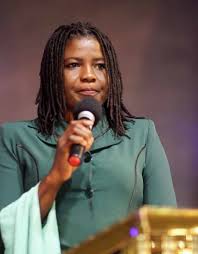By Atoyebi Nike
Women leading climate adaptation in Nigeria say their realities are largely missing from global conversations, even as they face severe climate impacts.
At the 2025 UN Climate Change Conference (COP30) in Belém, Brazil, world leaders discussed global actions to limit warming to 1.5°C and achieve net-zero emissions by 2050. But according to Olanike Olugboji-Daramola, founder of WISE (Women Initiative for Sustainable Environment), rural women farmers, the most affected by unpredictable rainfall, land degradation, and crop failure, are largely excluded from these discussions.
Speaking during a farm visit and dialogue in Kaduna, Olugboji-Daramola criticized COP30 for being dominated by corporations and policymakers disconnected from real climate burdens. She said WISE is creating local platforms to amplify women’s voices, providing spaces for them to articulate challenges, showcase solutions, and lead climate adaptation initiatives.
WISE has trained over 2,000 clean-cooking entrepreneurs and supports regenerative agriculture to restore soil health and biodiversity.
Joining the dialogue, Joanne Kuria from Kenya’s AWID highlighted similar challenges in her country, emphasizing the need for African women to present a unified voice at global negotiations.
Juliana Turaki of Gonin Gora stressed that women often receive smaller plots, while inheritance practices favor men, limiting women’s agricultural productivity. She called for recognition of women as full agricultural actors, which would enhance food security and reduce suffering.
The dialogue underscored the urgent need to integrate grassroots women’s experiences into global climate decisions, ensuring that adaptation strategies reflect those who face climate change firsthand.
